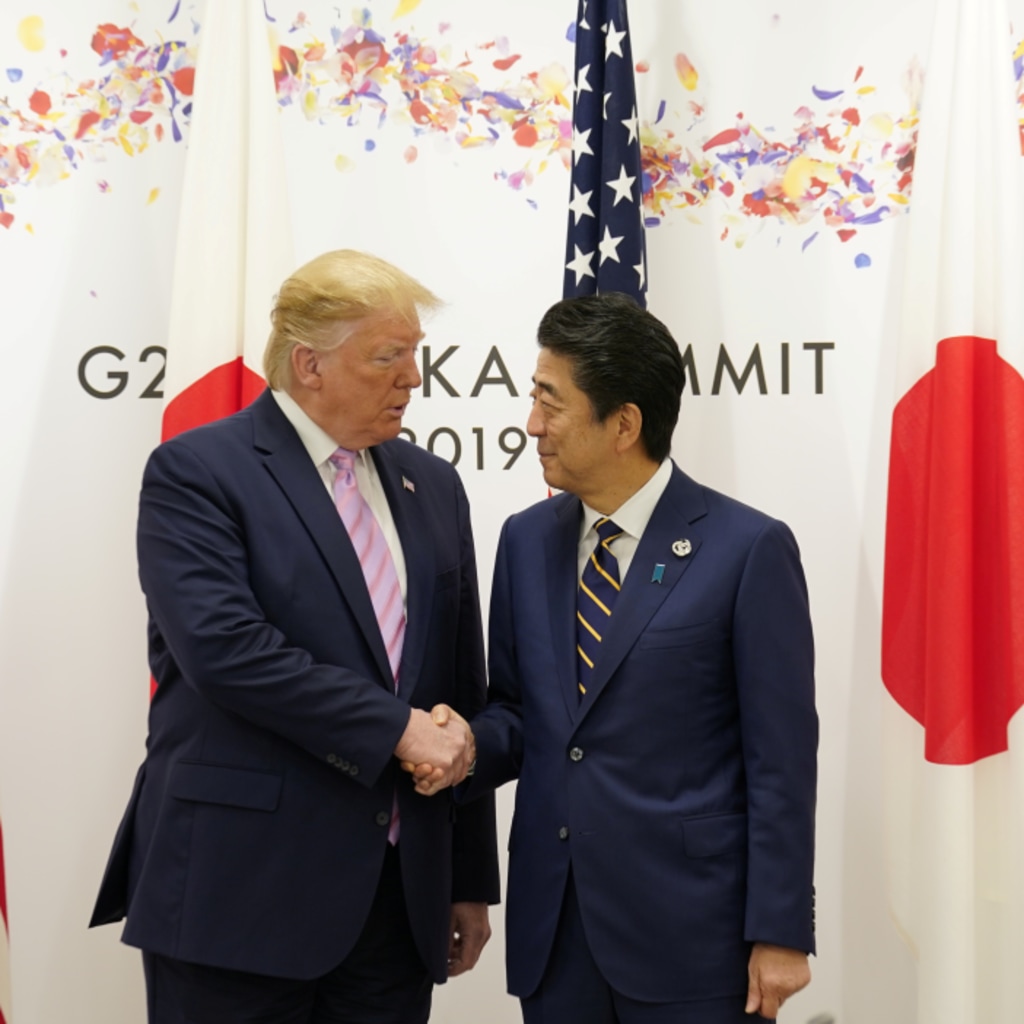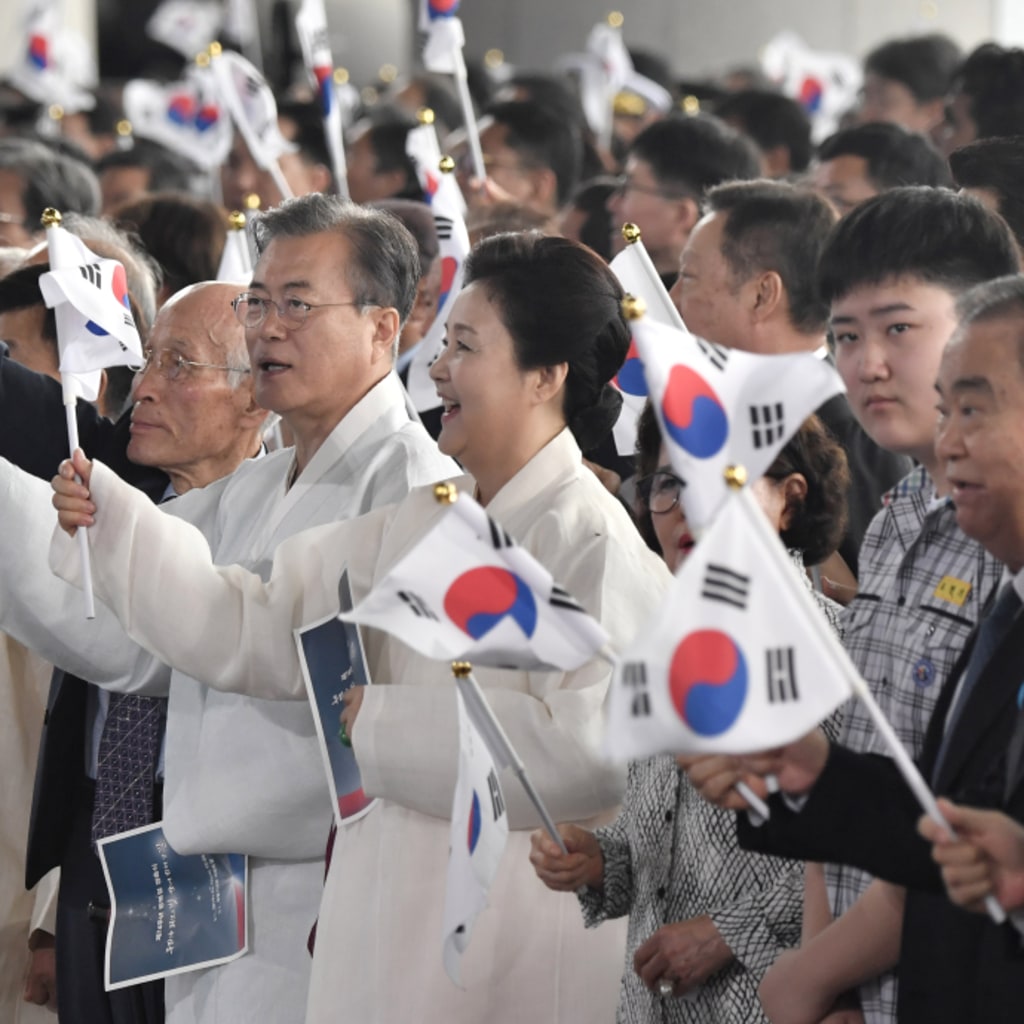Episode 8: The Character of Japanese Nationalism
Professor Thomas Berger examines the causes and constituencies of Japan’s contrasting nationalisms and how they interact with the national identities of Japan’s neighbors.
Loading...
0:00 / 0:00
Published
Guest
- Thomas Berger
Interviewer
- Sheila A. SmithJohn E. Merow Senior Fellow for Asia-Pacific Studies
Show Notes
Despite Prime Minister Shinzo Abe’s reputation as a nationalist, Japan is not experiencing the same wave of populism that has grabbed headlines in Europe. Questions about Japan’s constitution and the role of its military remain unsettled, even as the Japanese public sees threats growing in the region. Professor Thomas Berger examines the causes and constituencies of Japan’s contrasting nationalisms and how they interact with the national identities of Japan’s neighbors.
This podcast series is part of a project on Northeast Asian Nationalisms and the U.S.-Japan Alliance, which is made possible through support from the U.S.-Japan Foundation.





